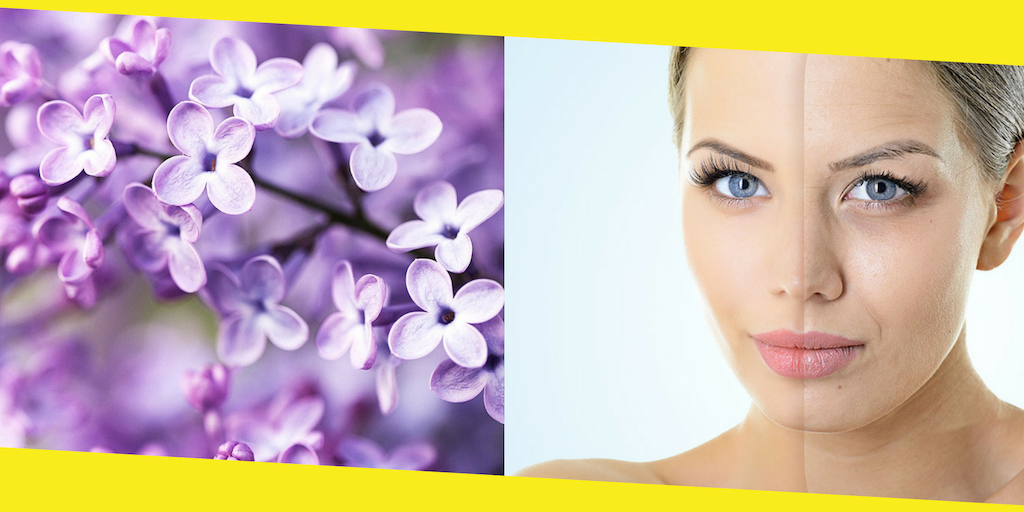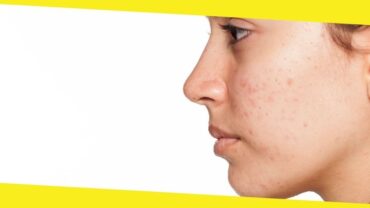Top Flowers With Anti-Ageing Benefits

Nature used to be the only source of medicine our ancestors had and the one healthcare that gave birth to the modern medicine, and we call it the “alternative”. How did that happen and why are we so eager to try on some new “famous” skincare that should help us with oily skin, and we are hesitating whenever our grandma tells us to make our own lotion using only green tea?
The World Health Organization defines traditional medicine as the sum total of the knowledge, skills and practices based on the theories, beliefs, and experiences indigenous to different cultures, whether explicable or not, used in the maintenance of health as well as in the prevention, diagnosis, improvement, or treatment of physical and mental illness.
However, somewhere down the road we learned to accept the inevitability of pharmaceutical companies so we actually trust them more than we trust our traditional medicines. All that, in spite of the fact that many valuable drugs derived from plants were discovered through their application in traditional medicine.
Traditional vs Modern medicine
The truth is that modern medicine has extended our lifespan and we can now treat disease and illness with more ease. Traditional medicine involved the use of herbs and plants which were not effective against more serious illnesses such as chickenpox or even the common cold – traditional medicine was not as effective as those modern drugs were.
Nowadays, modern medicine can’t always cure us, but it can effectively lessen some of our symptoms and improve our condition. Traditional medicine is called traditional for a reason – it is outdated. It is simply not as effective as modern medicine.
However, some traditional treatments work well, and when compared to modern medicine even cause less side effects (or none).
Cosmetic companies are aware of that and this is why they sell products with natural ingredients (or at least they claim that those products are natural). However, not all natural ingredients are good for your skin, and in the other hand, it doesn’t mean that some product is bad for your skin only because it has some synthetic ingredient.
Best flowers for your skin
There is a large range of natural ingredients that are exceptional for your skin. But it is not easy to choose the right one. You have to do a research of your own or ask someone else who is already a professional. We decided to ask those hardworking guys from Lovely Flower Shop. Here is what they said.
“One flower can’t make your skin look better. There is a number of different factors you need to be aware of.”
1. Lilac (Syringa vulgaris)
This is a species of flowering plant native to the Balkan Peninsula. It usually grows on rocky hills and it is grown for its scented pink flowers in spring.
It is good for skin soothing and healing and it promotes healthy, glowing skin due to its antibacterial properties which help to speed up the recovery period, especially if you have problems with blemishes. It can also help tighten and rejuvenate mature skin by boosting elasticity as well as reduce age spots.
2. Aloe Vera
This flower requires a warm climate to thrive outside; However, it also likes spending time inside the home. The leaves of this flower are succulents that have a gel that soothes burned skin (sun and open flame), reduces inflammation, and acts like a completely natural skin moisturizer.
You should be very careful not to over-use this plant because it can actually dry-out your skin.
You don’t have to do anything special with it, just simply cut the leaf open and scoop out the gel. You can either use it as it is (in its natural form) or incorporated into creams and lotions.
3. Green Tea
Green tea is not only used as an effective alternative to coffee but for its antioxidant qualities too. It can improve aging skin, prevent bacterial growth and even reduce inflammation. It will also help those with really oily skin, helping to control the skin’s natural sebum production.
You can use it (in dry or fresh form) as an addition to lotions, facial toners and creams.
4. Rose
Roses are good for their hydration properties, thus fighting against redness and ageing. You might’ve seen people bathing in baths sprinkled with rose petals, and that is not just an image of luxury and wealth. If you didn’t know, rose petals can actually enhance your skin and mood. Rosewater soothes irritated skin, brightens your complexion, tightens the pores, and improves capillary circulation and thus slowing down the ageing process.
Roses are ideal for mature skin because of all the hydrating properties and the ability to heal broken blood vessels that are causing redness on the complexion.
5. Jasmine
Jasmine, AKA “the King of Flowers”, is special for its intoxicating evening fragrance. To prduce an oil, the flowers are hand-harvested at night or early morning.
It is good for relieving congested skin and hydrating. It softens and hydrates the skin and because of its antibacterial properties, it fights blackheads and blemishes and helps in a fight against existing scars and stretch marks.
You may like this
Recommended For You
5 Unexpected Ways to Treat Your Acne
Most Inside
Most Inside offers high-quality recommendations and valuable updates to enhance all aspects of your life, providing premium guidance and enriching experiences.




